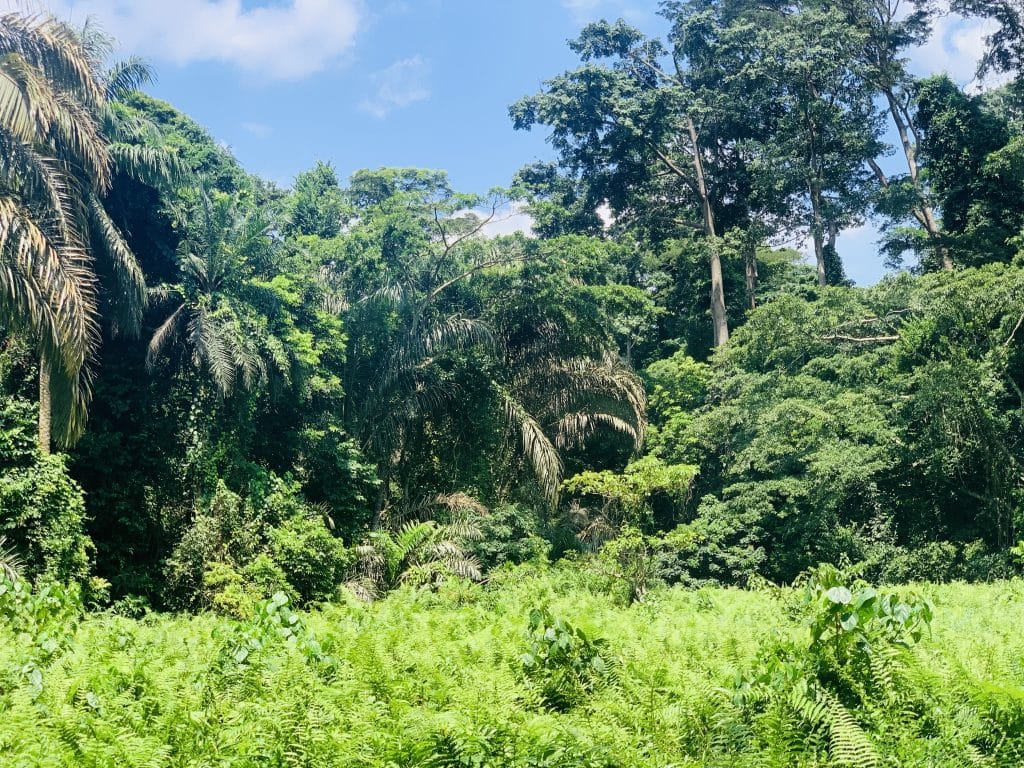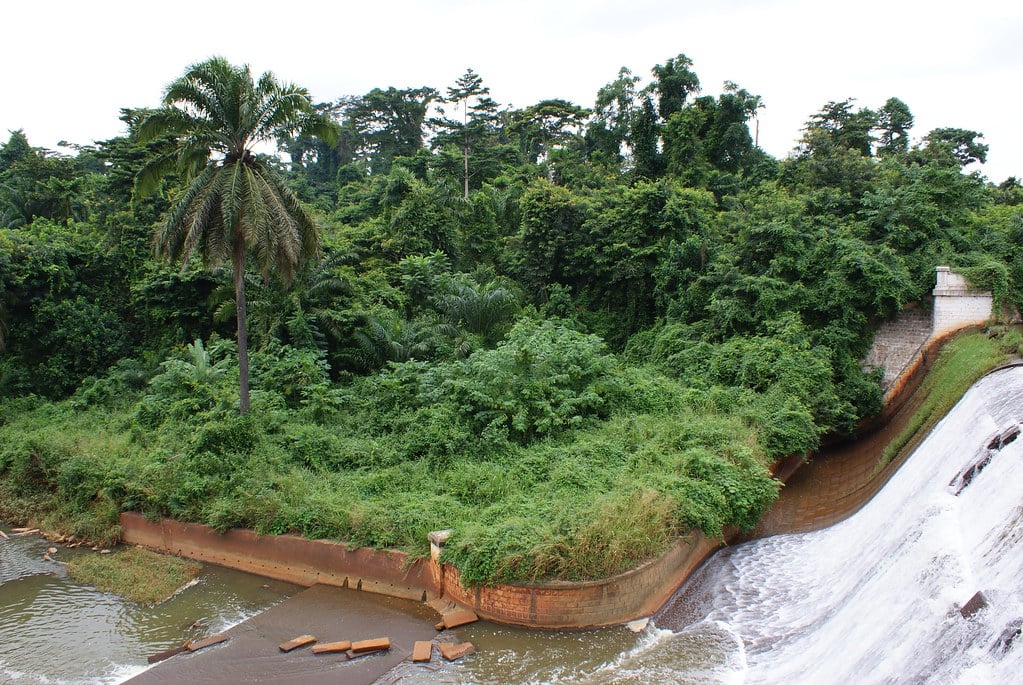The Owabi Wildlife Sanctuary is a significant bird sanctuary located near Kumasi, which plays a crucial role in protecting the catchment area of one of the dams used for the water supply to the Kumasi metropolis. Prior to the construction of the Barekese Dam in 1971, Owabi was the only source of water to Kumasi. Among the four wildlife protected areas in Ghana, Owabi is the smallest, covering an area of 13km² and situated approximately 23km northwest of Kumasi.

The Sanctuary has an inner Sanctuary of about 7km, which encompasses a lake formed by the damming of the Owabi River in 1928. The area comprises a plantation of an exotic species, Cassia siamea, which covers approximately 10% of the total area. The remaining area comprises secondary vegetation, small areas of riverine forest, and aquatic vegetation.
The Sanctuary is home to a rich variety of vascular plants, with 199 species having been identified so far. Among these, there are 91 tree species, 19 shrub species, 40 herb species, 14 grass species, 1 parasite species, 6 fern species, and 29 climber species.

In addition, the Sanctuary boasts a relatively rich avifauna, consisting of both indigenous and migratory bird species. So far, 161 birds from 29 families have been recorded, with 13 of them being listed in Appendix II of the Convention on International Trade in Endangered Species of Wild Fauna and Flora (CITES). Moreover, Owabi is the only inland Ramsar Site in Ghana.
The Sanctuary has a distinct touristic value due to its scenic appeal, potential for picnicking, bird watching, observing monkeys in the forest, boating, and recreational fishing. It is also an excellent facility for educational tours and ecological studies, and Kumasi Zoo provides guided tours by trained staff.
Visitors can enjoy a guided walk through the Sanctuary and possibly visit the Owhim bead industry while at Owabi. Guided tours may also include a visit to the waterworks, where the station officer is happy to show visitors around the treatment plant and demonstrate the water treatment process.
Location to Owabi Wildlife Sanctuary







































